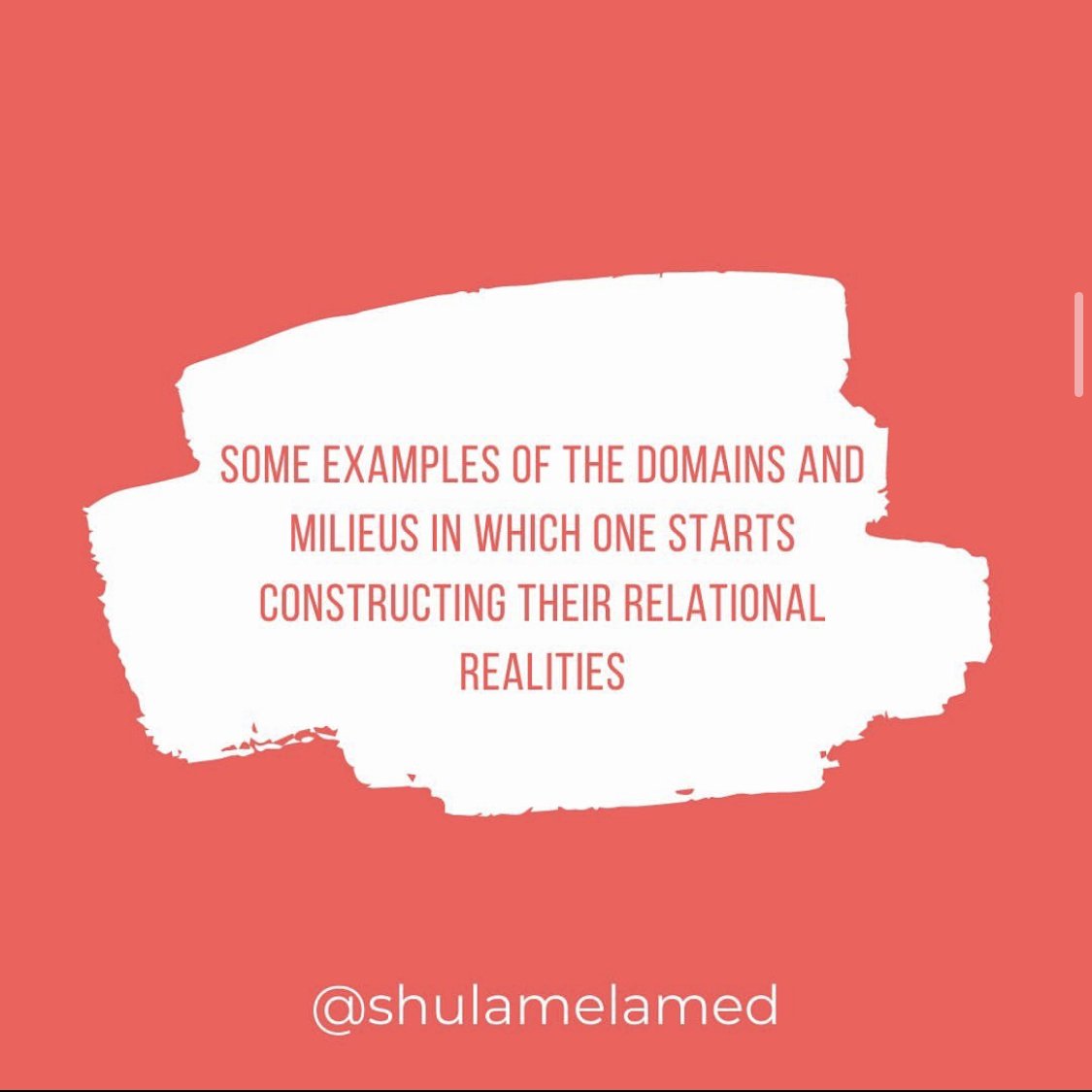Any of them sound familiar?
Any of them surprising?
How would holding these beliefs inhibit one in their pursuit of healthy, happy and hot relationships?
Myth: Love is enough to keep a relationship going.
What is romantic love? It is a chemistry, uncanny familiarity, feeling of destiny to be with someone, you have found the one you are waiting for, you are no longer alone, you are encountering someone you met in a past life, a soulmate. Some people don’t like this idea but I am going to put it out there - you can fall in love with a lot of different people. Yes, yes it is special and meant for your one and only but there are many potential one and onlies. The thing that is actually harder to do is create a life with another person. Not everyone we fall in love with is a great partner for us.
Sometimes we need to let someone go who we love but we can’t create a functional, thriving partnership with. If someone says they love you, and they might very well indeed love you, but you aren’t aligned on what you want in life it’s probably a good idea to keep it moving. You might love someone but not be able to live or grow with them and it is important to acknowledge this.
If your love isn’t accompanied by acceptance of the other (even the annoying things) then perhaps there is someone better suited for you to grow with. If it’s just about enjoying the moment and basking in all that oxytocin, go for it, but make sure you are aligned on whether this love is the kind that you would like to build a partnership around. Love can pull you through the tough times if you are aligned in other areas - if you aren’t it might just end up feeling more confusing and disappointing
MYTH: conflict is always bad in a relationship.
A lot of us avoid conflict because of our beliefs around our ability to handle conflict, or what we think it means about our relationships. We also might have witnessed conflict as particularly frightening or damaging growing up. The truth is, conflict is a part of relationships. I am not talking about toxic, controlling or abusive conflict but rather disagreement, misalignment or misunderstanding **(see below resource if you are feeling unsafe or believe you might be experiencing domestic violence).
To prepare yourself for discussing an issue that you are concerned might create conflict, ask yourself these questions:
● What am I not saying to my partner that I want to discuss?
● What am I afraid might happen if I do bring it up?
● What do I want to happen by bringing it up?
It’s not easy to start the conversation. I often share a sample script like the one below:
Hey ______. There are some things that I’d like to share with you, but I’m afraid/shy/reluctant to because I fear ___________. Ideally I’d like to be able to _________________________. What I want to share/ask/discuss is ______________. Thanks for listening. If you’re ready, is there anything you’d like to say in response to what I just shared?
ALSO if your partner brings something forward - try to listen with an open mind and hear what they are saying. Let it land. If you find yourself getting defensive give yourself a moment to see if it is actually something to defend yourself against, a position you are struggling to understand or an issue that needs actionable steps to solve.
**If you feel threatened, contact the National Domestic Violence Hotline at 1-800-799-7233. You can also get help via chat 24/7/365 through their website at https://www.thehotline.org/
Myth: Passion is a by product of dysfunction and has no place in healthy relationships.
Passion is not just for dysfunctional obsessive relationship or brand new relationships (limerence).
Passion is about being drawn to something or someone. It’s a special kind of focus, care and attention.
Passion pulls us towards our edges allowing us to show up for ourselves and others in surprising ways.
Is not obsession. Obsession pushes us towards our edges, often doesn’t feel like a choice and is not particularly healthy.
Passion is often metaphorically represented with fire. This works because it requires effort and care in order to increase the intensity of the flames of a fire. What you put into it you will get out of it.
Is passion important to you? What have you done to create it in your life and relationships? What might you have to do to create more?
Myth: compatibility is enough to maintain a relationship.
Being aligned with a partner is so important - I shared that when I shared that love isn’t enough! BUT that being said when we lean on that comparability or likemindedness at the expense of our emotions and sexuality it might not be enough to keep us going. Liking the same things and having the same interests can make the day to day easier. Enjoying the same kinds of activities and entertainment is convenient as well.
Admittedly, I come from the school of thought that your partner doesn’t need to be your one and only best friend. You don’t want to _______ your best friend’s _______ (and if you do then maybe you should talk about that ). If you aren’t feeling like doing those things with your partner or even interested in innovating on how you do those things to reconnect - maybe you are leaning a bit too much on the attitudes over the feelings you have for one and other.
If you feel you have neglected the love and desire part of your relationship reinvest to see if you can kick things up again. Creating enough space between partners allows for connection to happen. It’s harder to do if you are completely merged.
Myth: If you need help with your relationships, they are doomed.
Getting support for your relationship issues as an individual or couple is an act of hope not a sign of failure.
An outside perspective or opportunity to discuss issues can create much needed curiosity around frustrations or feeling stuck.
It’s never too soon to get support for relationship, especially if you feel you need it.
Most couples wait too long before reaching out to get couple’s coaching or therapy.
Remember we can’t just “know” how to have thriving relationships - they require love, care, attention, creativity and consideration. Sometimes it is hard to bring these things to our relationships and when it is - it’s time to reach out and get some support
Myth: letting things slide keeps the peace in relationships
Maybe? For a little while? But then...
Many people assume that ignoring problems in a relationship is better for the relationship than surfacing them. We often tell ourselves that we “shouldn’t sweat the small stuff.” But according to research, couples who discuss problems soon after they arise are less likely to be resentful and are more resilient in their relationships.
Having a low negativity threshold means that when an issue arises that bothers you or your partner, you address it sooner rather than later.
In her TED Talk, researcher Hannah Fry says, “The most successful couples don’t let anything go unnoticed. They allow each other room to complain.”
Discussing problems isn’t nagging. It’s about communication and making sure the minor issues don’t grow into bigger ones—so that they don’t simmer until they bubble over.
What were some myths and messages you got around relationships? Take a second to think about the ways you were taught to think about what makes a great/good/acceptable? '
How have these myths guided you and how have they held you back from exploring relationships in ways you have longed for?



























